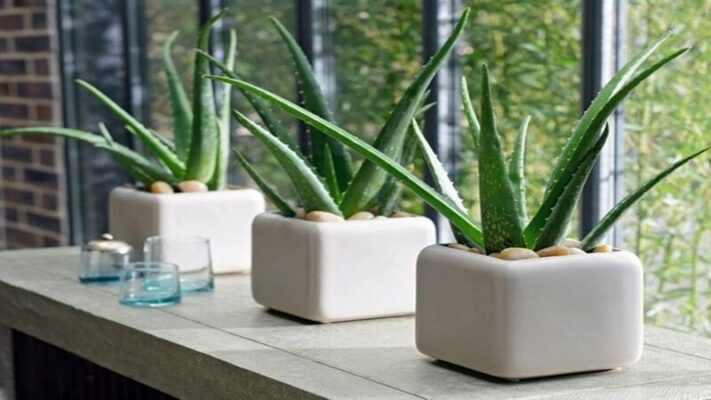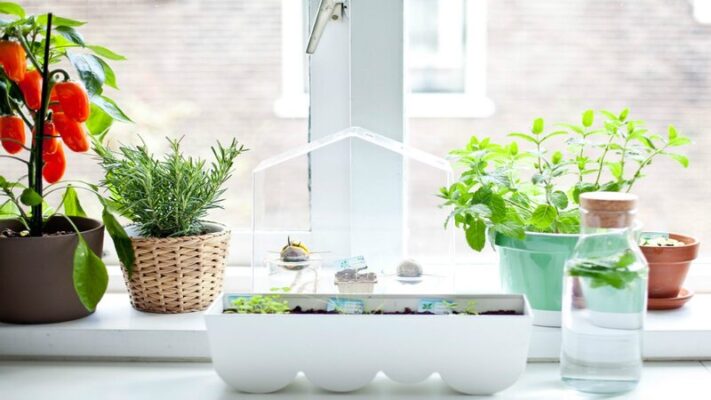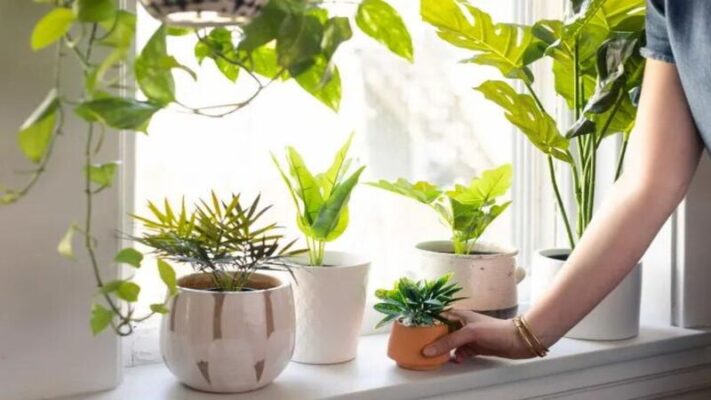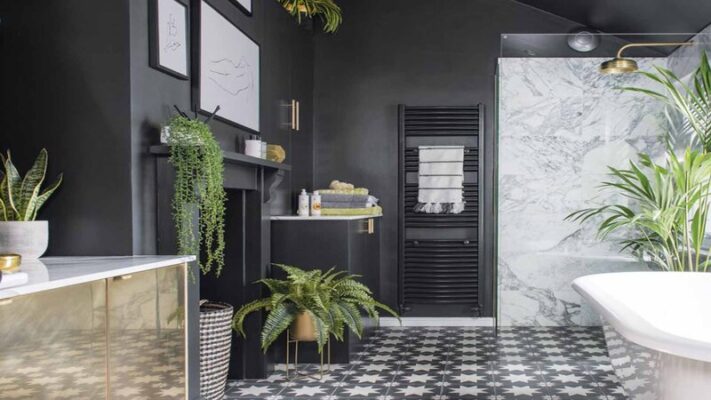Transform your home into a quiet oasis with stress reducing plants. Improve air quality, enhance mood, and create a serene environment with easy-to-care-for indoor greenery. Discover the benefits today.
Stress reducing plants in the home
Stress reducing plants offer numerous benefits for your home. They purify the air by absorbing toxins and releasing oxygen, which improves respiratory health and overall well-being. Plants like Lavender and Jasmine enhance mood and reduce anxiety, while Snake Plants and Aloe Vera promote better sleep by releasing oxygen at night. Additionally, plants such as Boston Ferns increase humidity, preventing dry skin and respiratory issues. Their aesthetic appeal adds natural beauty to your home, creating a calming and serene environment. Easy-to-care-for plants like the ZZ Plant and Rubber Plant make it simple to enjoy these benefits, even with a busy lifestyle.

Why are plants Stress reducing?
Stress reducing plants are not just decorative elements; they play a crucial role in enhancing your well-being. Incorporating stress reducing plants into your living space can significantly lower anxiety levels, improve mood, and create a calming environment. These plants help purify the air, increase humidity, and provide a touch of nature indoors, all of which contribute to a more relaxed and healthier atmosphere. Whether you’re working from home, relaxing, or spending time with family, stress reducing plants can make a substantial difference in your overall mental and emotional health.

Improved Air Quality
Stress reducing plants help to purify the air by absorbing toxins and releasing oxygen. Cleaner air can lead to better respiratory health and an overall feeling of well-being. Plants like Peace Lilies and Spider Plants are particularly effective at removing pollutants from the air.
Enhanced Mood and Reduced Anxiety
The presence of greenery and nature within your home has been shown to lower anxiety levels and enhance mood. The soothing effect of plants like Lavender and Jasmine can help reduce stress and create a calming environment, perfect for relaxation and mental rejuvenation.
Increased Humidity
Many stress reducing plants release moisture into the air through a process called transpiration. This increased humidity can prevent dry skin, sore throats, and respiratory problems, contributing to a more comfortable and healthier living space.
Better Sleep Quality
Certain stress reducing plants, such as the Snake Plant and Aloe Vera, release oxygen at night, promoting better sleep quality. Placing these plants in your bedroom can help you breathe easier and enjoy a more restful night’s sleep.
Boosted Productivity and Focus
Having stress reducing plants in your workspace can improve concentration and productivity. Plants like the English Ivy and Golden Pothos can help create a more focused and serene work environment, enhancing your efficiency and work quality.
Aesthetic Appeal and Connection to Nature
Stress reducing plants add a touch of natural beauty to your home, making your living space more inviting and pleasant. Their presence fosters a connection to nature, which is essential for mental health and well-being, especially in urban environments.

Easy Maintenance
Many stress reducing plants are low-maintenance and easy to care for, making them perfect for busy lifestyles. Plants like the ZZ Plant and the Rubber Plant require minimal watering and can thrive in a variety of light conditions, ensuring that even those with little gardening experience can enjoy their benefits.
How to grow plants to reduce stress at home
Growing stress-reducing plants at home is an easy and rewarding way to enhance your living environment. Here are some tips to help you get started:
Choose the Right Plants
Select plants known for their stress-relieving properties, such as Lavender, Snake Plant, Peace Lily, and Aloe Vera. These plants are not only beautiful but also effective at improving air quality and creating a calming atmosphere. Lavender is well-known for its soothing scent and ability to reduce anxiety.
Snake Plant and Aloe Vera are excellent at purifying the air and releasing oxygen at night, which makes them ideal for bedrooms. Peace Lily adds a touch of elegance with its white blooms while also removing toxins from the air. Incorporating these plants into your home can enhance both your physical environment and your mental well-being, creating a serene and tranquil space.
Provide Proper Lighting
Ensure your plants receive the appropriate amount of light. Most stress-reducing plants thrive in bright, indirect light. Place them near windows where they can get plenty of natural light, but avoid direct sunlight, which can scorch the leaves.
If natural light is limited, consider using grow lights to provide the necessary illumination. Adjust the placement of your plants based on their light needs, ensuring they receive optimal exposure without the risk of sun damage. Proper lighting will help your plants grow healthy and vibrant, enhancing their stress-reducing benefits.
Maintain Optimal Soil Moisture
Water your plants according to their specific needs. Allow the soil to dry out slightly between waterings for most indoor plants. Overwatering can lead to root rot, so it’s important to avoid waterlogged soil.
Increase Humidity
Many stress-reducing plants benefit from higher humidity levels. You can increase humidity by misting your plants regularly, placing a humidifier nearby, or setting your plants on a tray filled with water and pebbles.
The added moisture will help these plants thrive, prevent leaf drying, and create a more comfortable environment for both you and your plants. Additionally, grouping plants together can create a microenvironment with higher humidity, further enhancing their growth and stress-relieving properties.
Regular Care and Maintenance
Trim dead or yellowing leaves to keep your plants healthy and encourage new growth. Clean the leaves periodically to remove dust and improve light absorption.

Create a Serene Environment
Arrange your plants in areas where you spend the most time, such as your living room, bedroom, or home office. Their presence will not only enhance the aesthetic appeal of these spaces but also contribute to a more relaxing and stress-free atmosphere.
By follow LeafGrace and these simple steps, you can successfully grow plants that reduce stress at home, transforming your living space into a peaceful oasis.


